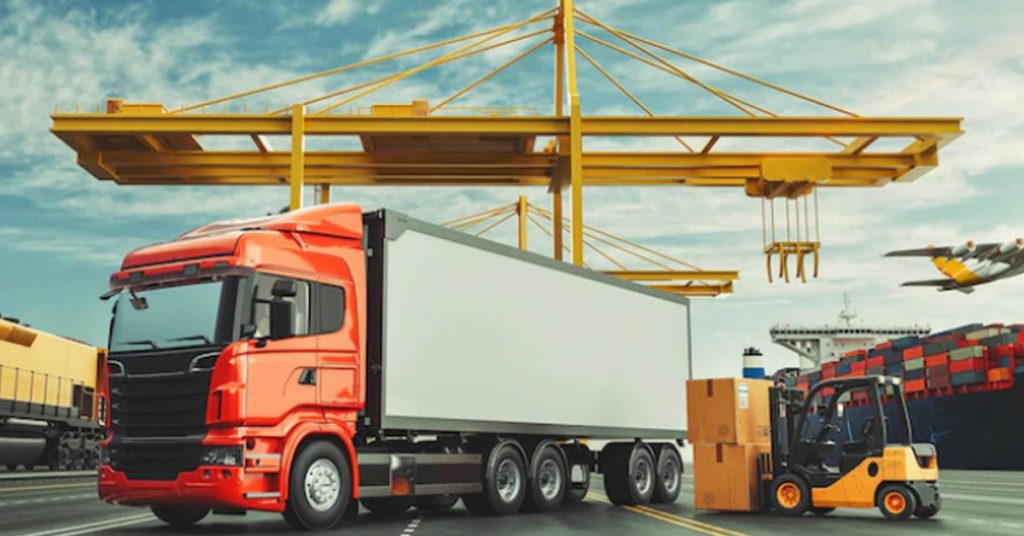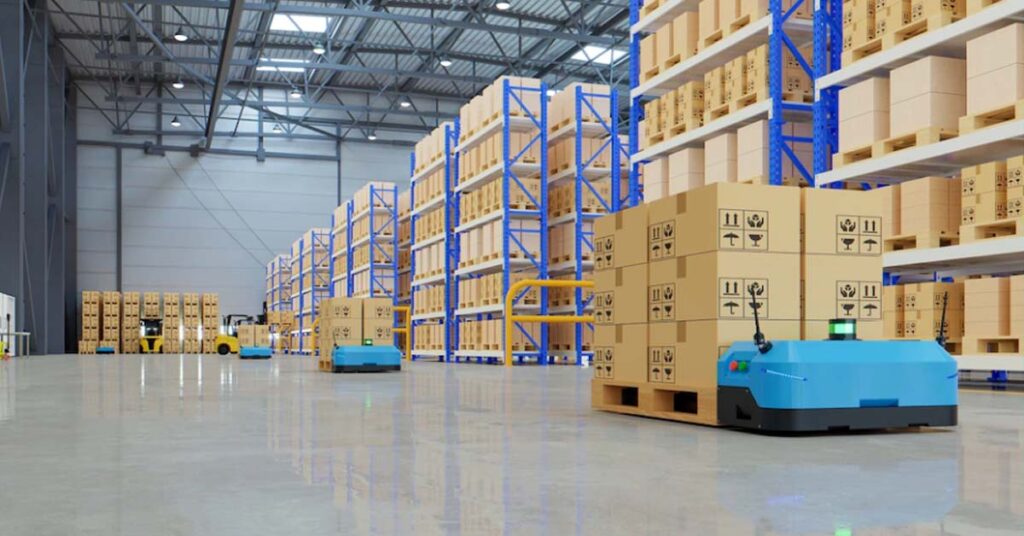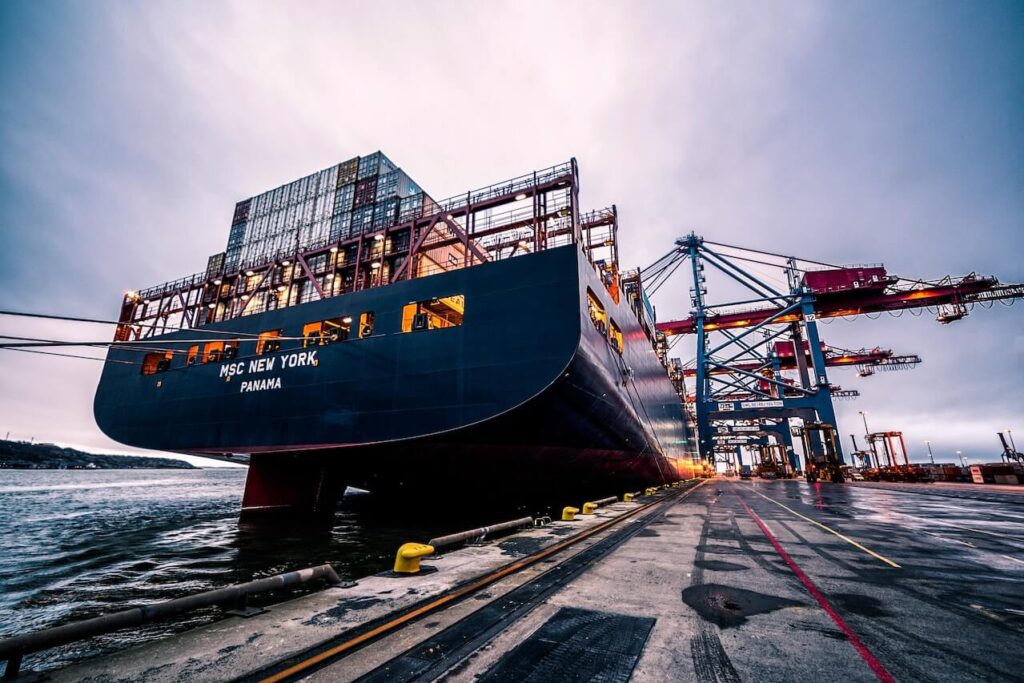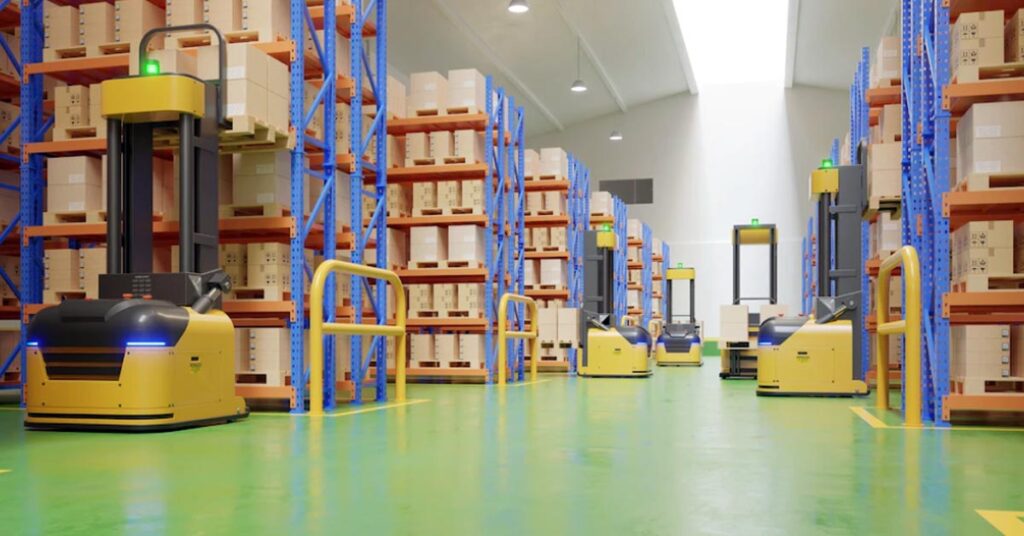If there is something that cannot be denied, it is that thanks to the level of technological and logistical development that we have experienced in recent years, companies have been forced to compete in increasingly saturated markets. In addition, currently, a greater number of goods and services are considered ” commodities ” (common products without any notable added value), a fact that forces companies to focus on standing out and positioning themselves above the competition. One of the best techniques you can use to stand out from the competition is a good outsourcing service. How can logistics outsourcing help you?One of the main reasons why companies decide to outsource is the derivation of tasks to specialized companies. By outsourcing your company you avoid dealing with processes that may not be your specialty, therefore if you refer those processes to external agents specialized in these tasks, without a doubt the results of your company will improve, and, with luck, there is the possibility that also reduces costs. Logistics Outsourcing: Types The decision to outsource can be made thinking about practically any department of the company, however, we are going to focus today only on logistics outsourcing. For this case, we can divide the types of outsourcing into four, depending on the area it affects: 1) Manufacturing: It is used when very established, simple, or assimilated manufacturing processes are derived since in this way the company can stop investing time in a simple process and focus on developing new designs or manufacturing high-quality products. 2) Information technology: It is the most widely used outsourcing today since companies often lack qualified and specialized personnel. Outsourcing is the best solution to cover these processes. 3) Knowledge: What consultancies are dedicated to, making available to companies knowing that they could not otherwise have within the company and that they need to obtain immediately. 4) Business processes: Typically, this type of outsourcing focuses on covering everything related to the services offered by the company. This category is where we find logistics outsourcing categorized. Advantages of Outsourcing In general terms, outsourcing implies an optimized supply chain with a higher quality level, because delegating certain functions to experts, allows them to work in a specialized manner and keep up to date with the latest technologies. However, here are some of the advantages of outsourcing for companies: • Cost reduction.• Greater efficiency.• Quality customer service.• Ability to adapt to new markets.• Fixed costs become variable.• More comfortable logistics processes.• More flexible workload. How Do I Know What to Outsource? There is a widespread fear regarding logistics outsourcing since there are many companies who believe that due to deriving certain processes from their logistics chain to other people or companies they will lose control of said processes or the results they will obtain will not be achieved. However, although there are doubts that anyone would have, there are no compelling reasons not to outsource certain processes of your company, since this will depend on your particular needs. Being clear about what you are looking for from outsourcing and the risks that you face. It should be noted that the majority of companies that have decided to outsource have noticed an improvement in the results of their business. The first thing you should do is identify the main activities (also called “ core activities ”) that your company develops. To find what they are, you must first think about which of them determine the competitive success of the company against the competition. Even though every process carried out by a company must add value in one way or another, when we refer to the ” core activities ” we should think about those activities that most define your company, those that should place that company among the best of your category. Logistics always is and will be a very key element in a company, however, not all companies consider logistics as a key element of their value proposition. The second thing you should do is consider what are the essential activities (also called “ non-core ”). They are those activities that are demanded by our clients, or that serve as direct support when it comes to being able to defend the main activities. Finally, identify which are the non-core activities. These are the perfect activities for outsourcing, but before making any decision we must analyze whether it is convenient for you to take the step. To finish, we leave you with a small guide so you can know which activities should not be outsourced : Main activities that provide the greatest benefit. Activities in which we are specialized. Activities that have a great impact on the consumer. Activities that have specially designed technology. Logistics Outsourcing: Most Used Services According to a study the most outsourced logistics services include: Domestic transport: 80% Storage: 66% International transport: 60% Freight forwarding services: 48% Customs broker services: 45% Reverse logistics: 34% Cross-docking: 33% How to Make Logistics Outsourcing a Success? Finally, we must pay attention to which aspects we are interested in outsourcing and which ones we should leave as they are. In this way, to optimally achieve our objectives, we must have sufficient resources and fully understand all the reasons why we have decided to outsource, trusting in the capacity of the company and our own decisions. Therefore, we present below a series of recommendations so that your logistics outsourcing operations go as planned. 1. Trained Outsourcing Team Outsourcing certain business processes do not mean that we are left without personnel in the company, but that we must pay as much attention to the activities that we outsource as to the supervision, direction, and control of all of them from our own company. 2. Management Is Committed to the Project The management of the company must be very sure of the project in which the company is going to enter since if the superiors are not sure of what is going to be done and how it is going to be carried out,








